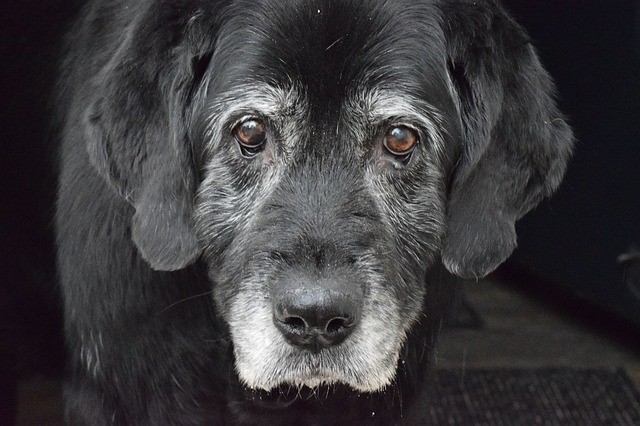
Senior pets bring their owners so much joy; loyal and sweet, these older animals make our lives much happier. That’s why it’s so crucial to help senior dogs have a great quality of life to thank them for everything they do for us and to help them live as long as possible. There are many things to think about, from his diet to making sure your home is safe, so it’s important to start with a good plan.
It’s imperative that you think about your dog’s needs in terms of his age. Older pets have different requirements than younger ones; their diet, exercise routine, sleep schedule, and general safety can all change drastically after so many years, so you’ll want to take that into consideration on a daily basis. Go through your home to make sure there are no trip hazards, especially if your pet has a vision impairment.
Here are a few of the best tips on how to care for your pet as he gets older.
Change his diet
Older pets have different dietary needs than younger ones, so talk to your vet about how you can help your dog thrive. There are many options on the market these days, but it’s generally best to go with a food that only has a few ingredients, since these tend to focus on the protein and vegetables that senior dogs need, especially if there are allergies involved. In fact, the right food can help with skin and digestive problems in dogs with food allergies. Keep in mind that you don’t have to spend a fortune; look for reviews and guides online that will help you find the best kind for your dog, and be sure to ask the vet whether you should adjust the amount you feed him. Many older pets don’t get as much exercise as they once did, meaning they don’t need to eat as much.
Make your home a safe place
Many senior pets suffer from reduced vision, joint issues that make walking difficult, and lowered mobility, so it’s imperative that you make sure your home is as safe as possible. Rugs, cords and wires, and clutter can all be trip hazards, while steps can create a huge problem for dogs with limited mobility. Put up pet gates to prevent your pet from going up and downstairs in the home, and install a ramp to help him get up and down outside steps. Adding lighting to hallways can help him move through your home safely as well.
Let him exercise
Older pets need exercise to keep their joints and bones healthy, and even if your dog has limited mobility, he should still engage in some sort of activity. Look for low-impact ways he can work out, such as swimming, which will be easy on his hips and joints. When walking outside, make sure he’s on an even surface, and watch out for slippery patches in winter. Fill any holes in the backyard to prevent falls when he’s running.
Be patient
Caring for a senior dog can sometimes be trying, especially if he’s incontinent. Try to stay patient as you navigate these years with him, and provide him with the tools he needs to remain as independent as possible. Giving him lots of love and attention will help greatly, and if possible, you can alter your schedule a bit to give him more potty breaks during the day. Talk to your vet about supplements that will help keep him strong and healthy.
Senior pets enrich our lives; they give unconditional love and help reduce feelings of stress and anxiety, so it’s no wonder so many people turn to these animals for comfort. Give back some of what your pet gives to you by making sure all his needs are taken care of, and make some preventative changes that will help him stay safe.
